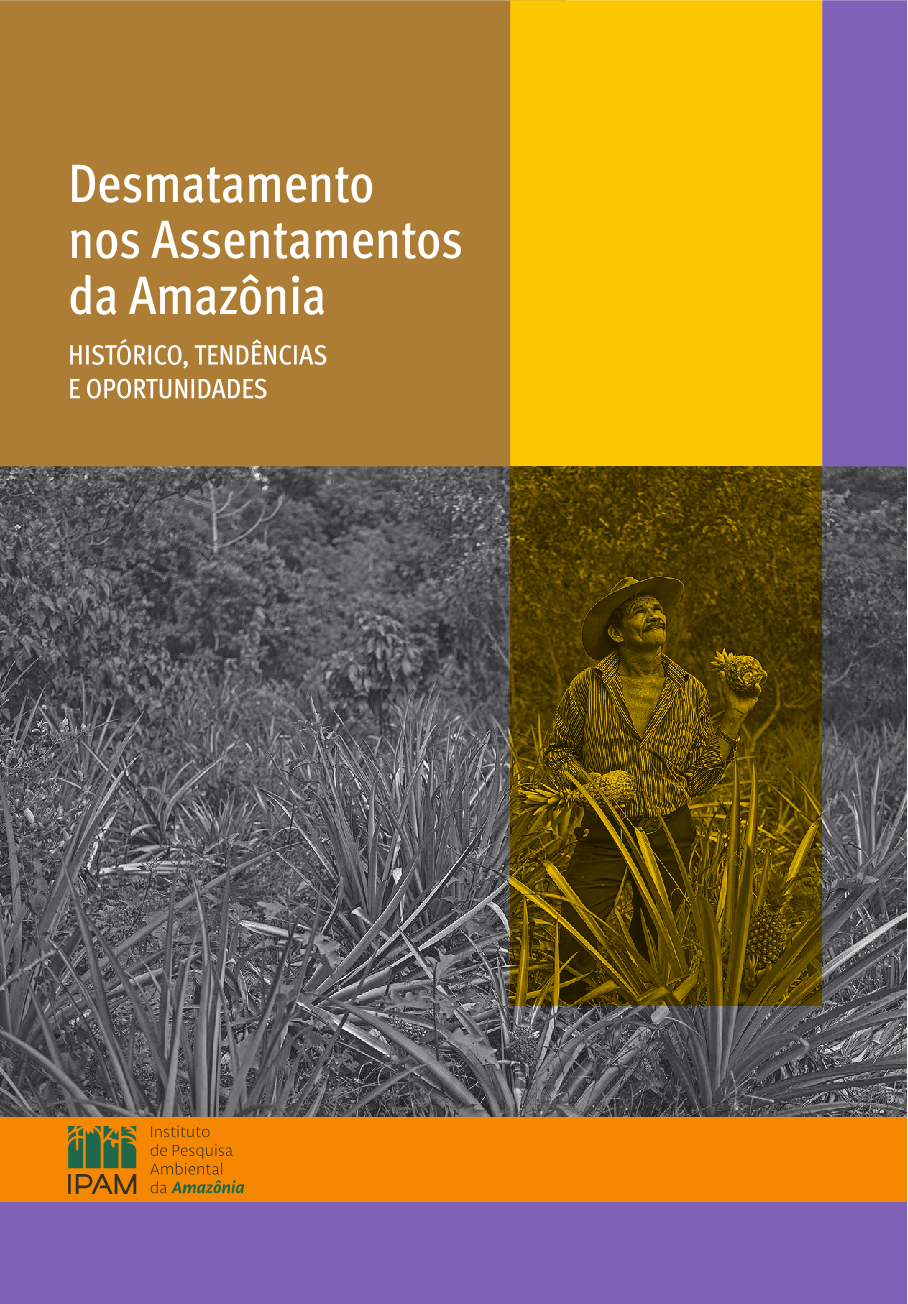Governance of Land Tenure in Central America
Land Tenure Working Paper 18. Presents the main themes that characterize the governance in land tenure and analyses the aspects related to the evolution of agricultural policy issues in various Central American countries. It also offers some examples and lessons learned from new models of land administration and land access mechanisms that Central American governments and International Cooperation have fostered over the past fifteen years in the Region. Available in Spanish

